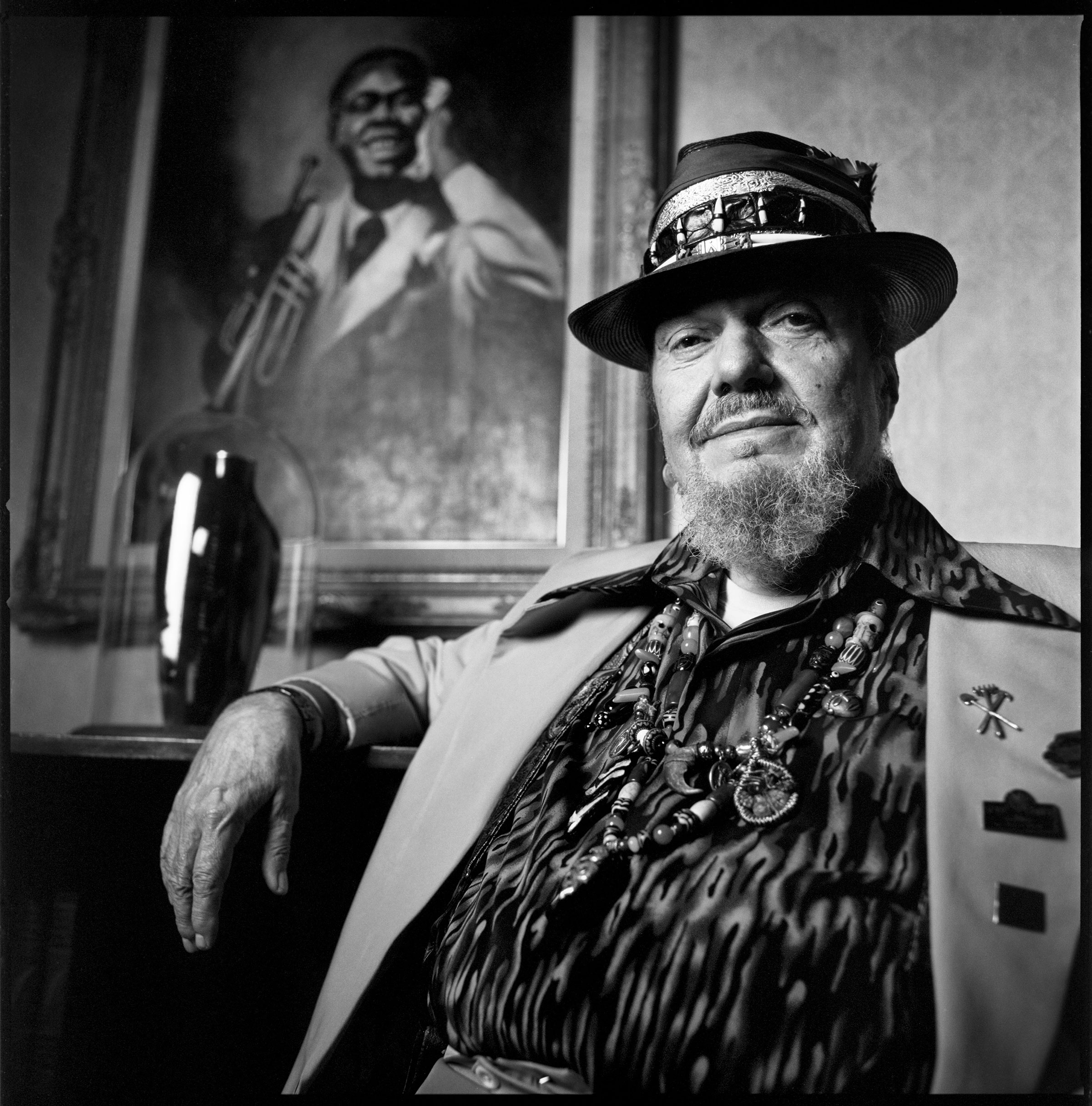
Like so many musicians from New Orleans, Malcolm John Rebennack Jr.–known as Dr. John–played music for the pure love of it. That love allowed him to be himself. I first encountered him when I was on tour in Japan in the 1980s; he was doing a double bill with the Neville Brothers, and when we saw those guys, it was almost like we were back home.
Mac was a sweetheart, and when I would see him, we’d talk about New Orleans and the things New Orleanians talk about, which is mostly food and parties. He loved to cook, and I remember he told me how good possum was. I said, “Mac, I haven’t made that journey yet,” and he said, “Possum is some good eating, man.” It broke my heart to hear that he passed away, on June 6 at age 77, because he was such a typical illustration of what it means to be from the city: he was a combination of Cajun, blues and jazz–a little of everything, and you can hear it in the way he played piano, in the bluesy style of how he sang. He created music that touched people around the world, but he didn’t allow the world to change who he was. Throughout his life, he was always the guy who carried the culture and spirit of the city wherever he went.
Dr. John, along with Professor Longhair, created a sound that is uniquely associated with the history of New Orleans. Whenever you start to think about that city, those are the names that will pop into your head.
More Must-Reads from TIME
- Inside Elon Musk’s War on Washington
- Meet the 2025 Women of the Year
- The Harsh Truth About Disability Inclusion
- Why Do More Young Adults Have Cancer?
- Colman Domingo Leads With Radical Love
- How to Get Better at Doing Things Alone
- Cecily Strong on Goober the Clown
- Column: The Rise of America’s Broligarchy
Contact us at letters@time.com